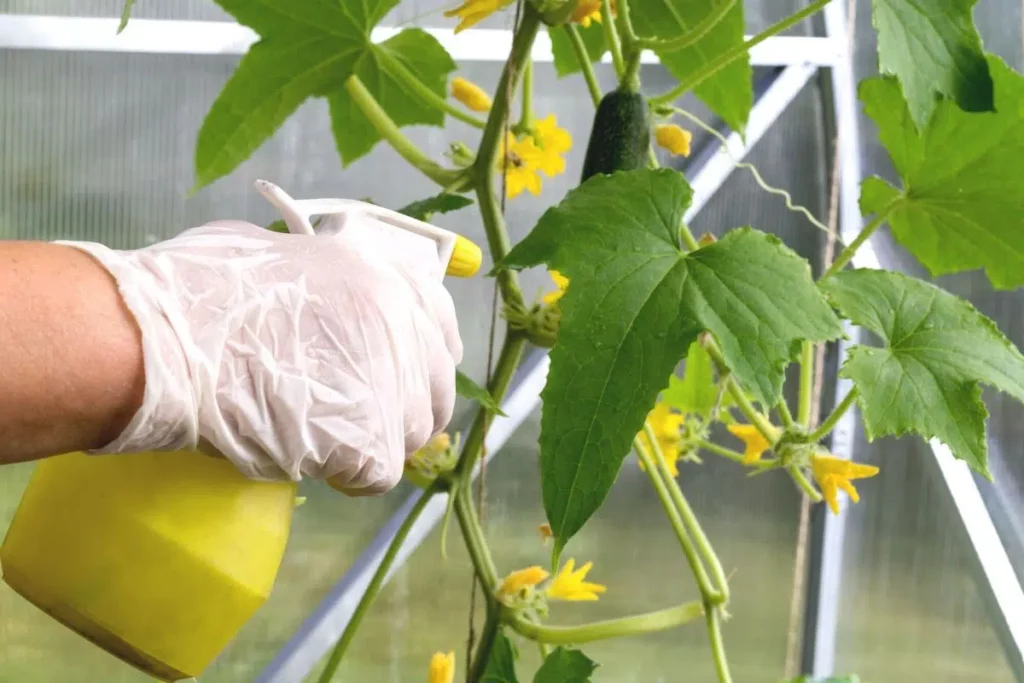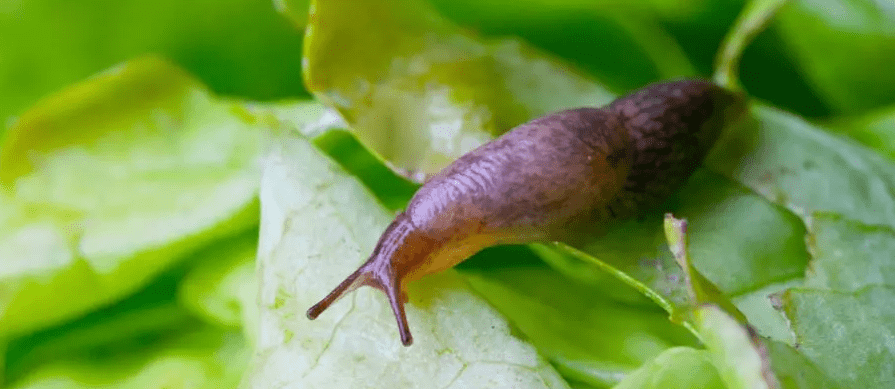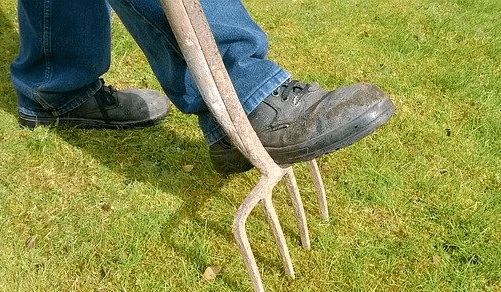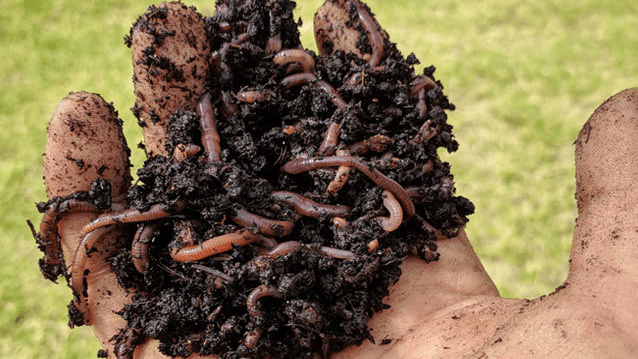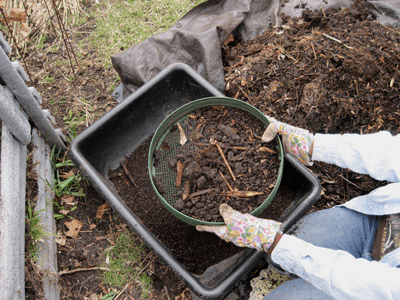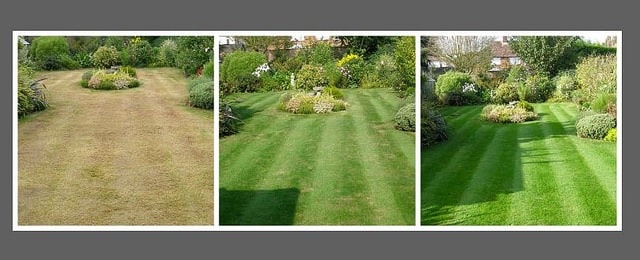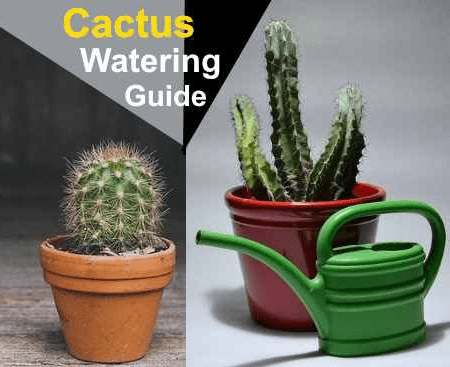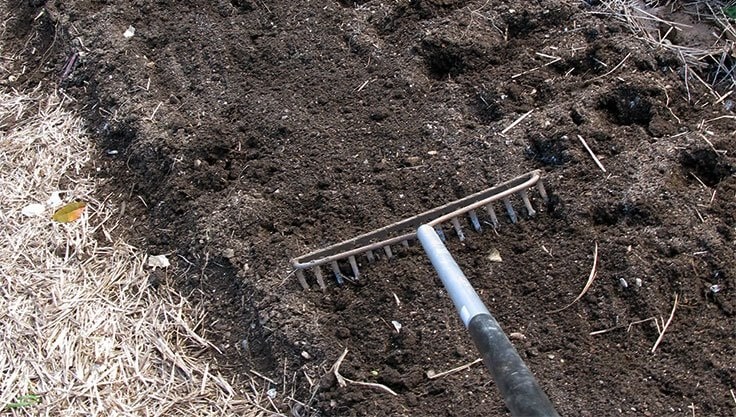Aphids on cucumber plants reduce the yield. The aphids can also transmit various diseases that can cause the plant to die. There are some home remedies that you can use to combat aphids.
Contents
- 1 Collect aphids
- 2 Boil plants
- 3 Make oil solutions
- 4 Use soft soap
- 5 Encourage predators
- 6 Plant mixed culture
- 7 Strengthen plants
- 8 Frequently asked questions
- 9 How often can I use plant soaks?
- 10 Does the regular removal of fruit promote vitality?
- 11 Can I also use different herbs for liquid manure?
- 12 Author
Collect aphids
If the infestation of aphids is still within limits, you can simply collect or crush the insects. It is best to use gloves and cover your arms. Some species are quite defensible and can also sting sensitive skin areas, which is comparable to a light insect bite.
You can also crush the insects directly on the cucumbers, but be careful not to apply too much pressure and injure the plants.
Tip: It is usually safer if you strip the insects off first and crush them in your hand first
Prepare plant fumigants
Insects respond very well to plant dips with which you spray the cucumbers. Since cucumber plants are susceptible to powdery mildew, the dips usually serve a dual function, as they also strengthen the plants’ epidermis, making them less attractive to pests.
You can easily produce liquid manure by filling a bucket or tub with 2/3 shredded plant material and pouring 1/3 water on it. Then leave the mixture for several weeks until the plant parts are largely decomposed.
Suitable for plant dips against aphids are:
- Field horsetail
- Nettles
- Rhubarb leaves
- Garlic
Note: For watering or spraying, always dilute the plant dips with water in a 1:10 ratio
Boil plants
In the case of an acute infestation, there is usually not enough time to prepare a plant liquid manure. As a quick help in case of increased occurrence of aphids, you can also spray the plants with a decoction. Suitable for this purpose are the same plants that you use for a liquid manure. In addition, you can also make a decoction of lavender.
Note: A decoction is a very strong tea. You boil in water the herbs and leave overnight
Make oil solutions
Spray the insects with a mixture of oil and water, then the openings for breathing will stick together and the insects will die quickly. However, the solutions have a disadvantage, because they can not only stick the breathing openings in insects, but also the stomata of the leaves can be stuck, so that the plants themselves can also no longer exchange.
Therefore, you should use oil solutions only once and in case of heavy infestation. This will kill most of the aphids on cucumber plants, and the remaining can be controlled by other methods.
Prepare oil solution
- 20 ml neem or rapeseed oil
- 1.2 l of water
- mix water and oil
- mix in a few drops of dishwashing liquid as emulsifier
- mix everything well
- fill into a spray bottle
Use soft soap
Soft soap is a popular home remedy for aphids. In a persistent infestation, the aphids also gum up the leaf openings with their sugary excretions. You can use soft soap to wash away these excretions along with the aphids. However, soft soap is more of a deterrent. If you repeatedly apply a soft soap solution, the insects usually leave the plants, because the energy expenditure is much greater than the food gain.
Prepare soft soap solution
- 10 g soft soap
- 1 l water
- Mix soft soap with water
- fill into a spray bottle
- spray affected cucumber plants
Tip: As an alternative to soft soap, you can also make a solution of curd soap or use 5 ml of washing-up liquidT
Encourage predators
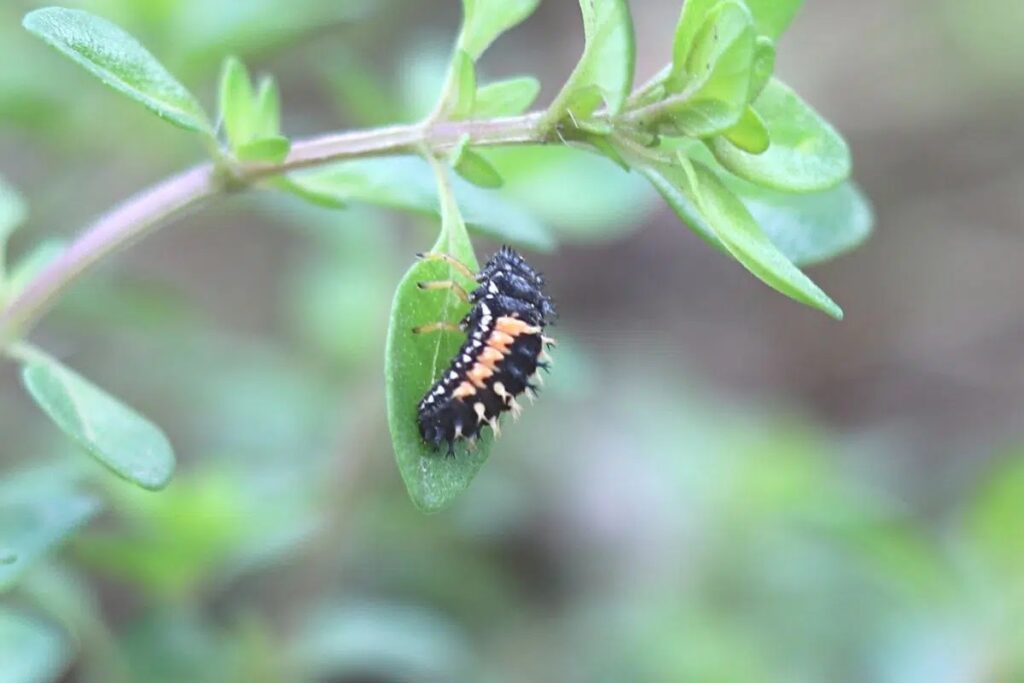
The advantage is that the aphid has numerous predators, with which you can naturally control the insects. The main enemy of the pests is the ladybug or its larvae. They can eat up to 150 aphids a day.
Besides ladybugs, there are other predators:
- Lacewings
- ichneumon wasps
- earwigs
- small birds
- Gall midges
Depending on your location, you can encourage different predators. If your cucumbers are in a greenhouse, it is often difficult to attract predators. However, you can buy lacewing or ladybug eggs at a well-stocked garden supply store, and all you have to do is hang them in the greenhouse. Within a short time, the insects hatch and begin to eat the pests.
Plant mixed culture
The benefits of mixed cropping to support cucumbers and to repel pests are often underestimated. The scent of the essential oils encourages the cucumber plants while driving away the aphids or ants that often care for the pests.
Suitable herbs in mixed culture for cucumbers are:
- Savory (Satureja hortensis)
- Thyme (Thymus vulgaris)
- Hyssop (Hyssopus officinalis)
Tip: Since cucumber plants are cultivated as annuals, you should preferably go for annual varieties when it comes to herbs
Strengthen plants
To strengthen the plants, you should pay attention to optimal growing conditions. Strong plants usually give pests no or hardly any attack surface. Therefore, make sure that you offer the cucumbers a suitable moist-warm climate and that the soil pH is slightly alkaline.
Cucumber plants are particularly sensitive to a lack of nutrients. This does not necessarily have to be a deficiency of organic nitrogen, but iron or potassium may be lacking. Especially if the leaves of the cucumbers change color, this is a sign of a deficiency and you thereby offer the aphids a good attack surface.
Frequently asked questions
How often can I use plant soaks?
With a plant liquid manure you can spray heavily infested cucumbers twice a week. Maximum once a week, instead of spraying, you can also use the plant liquid manure to fertilize the plants, thereby strengthening them from the inside out.
Does the regular removal of fruit promote vitality?
Yes, you should regularly harvest cucumber plants. In this way, you encourage the formation of new shoots and flowers. However, from the harvest you should rather increase fertilizing potassium, as this not only strengthens the plants, but also the fruits and shoots form a firmer skin.
Can I also use different herbs for liquid manure?
Yes, you can combine different plants in a slurry. This is an ideal way to recycle or replenish the plants, if you do not have enough of one variety. For example, you can combine the rhubarb leaves with nettle herb and make a liquid manure.

